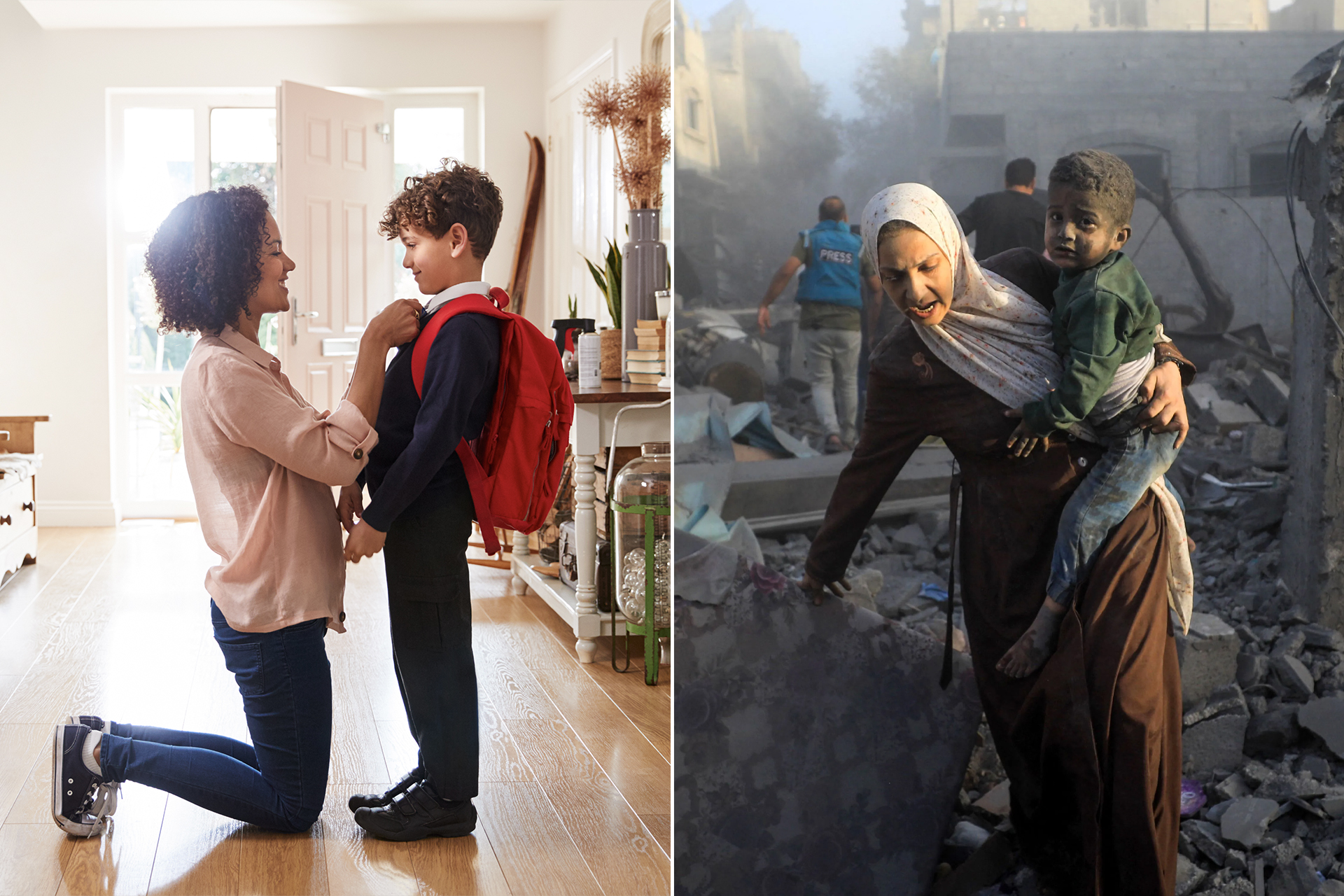(agencies)
Writer Nisreen Malik’s article in The Guardian newspaper, today, Tuesday, focused on what she described as “the war on women in Gaza,” asking: Will the West really ignore it because they are not like us?
The author pointed out that sometimes the disaster is so great that it obscures its details. In addition to the number of deaths and displacement in Gaza, the conflict has been even harsher on women and girls.
There are about 50,000 pregnant women in Gaza, and 40% of pregnancies are classified as high-risk, with the number of women giving birth reaching 180 per day, while the health care infrastructure is destroyed. According to the Charitable Care Organization, “There is no doctor, midwife or nurse to support women during labor. There are no painkillers, anesthesia or sterilization materials when women give birth.”
She explained that babies are born on the ground in the open, and the umbilical cord is cut with any sharp tool at hand, while any tin can is filled with hot water to keep the baby warm. Caesarean sections, which are painful even with the availability of medications, are performed by surgeons without any anesthesia at all and in the absence of water to wash their hands, let alone sterilize them, and there are no antibiotics for any resulting infections. In some cases, according to reports from The Washington Post, women had caesarean sections performed after they died.
A matter of life and death.
The author elaborated on the other types of suffering that women face in Gaza and during the journey of torment with forced displacement, hunger and thirst, and the impact of this on births.
She noted that in December, one-month-old babies born in displacement camps were never bathed. “Many aspects of motherhood that were once routine have now become a matter of life and death,” as stated in a previous CNN report.
On the other hand, the writer denounced the West’s indifference to what is happening to the women of Gaza, while the main concern of the mainstream feminist discourse over the past few weeks revolved around the nominations of Barbie films for the Oscars, and she interpreted this matter as simply human nature, as our contexts and culture dictate our immediate priorities. She added that there are other motives, uncomfortable to think about but difficult to ignore, that detract from the focus on the inhumane and particularly pressing situation when it comes to women and girls in Gaza.
It concluded that Gaza's vote for the Islamic Resistance Movement (Hamas) 18 years ago was huge to prove that there is collective responsibility for the movement's actions on October 7, and that there are no innocents. The argument might simply be that they are not like us, and they started it.
The author concluded her article by saying that this argument is tantamount to a race to the bottom of humanity, and gives a license to defame an entire people with the worst crimes, and abdicates the responsibility to think critically and empathetically about cultures and politics shaped by years of occupation, crises, and siege.
Source: Guardian

